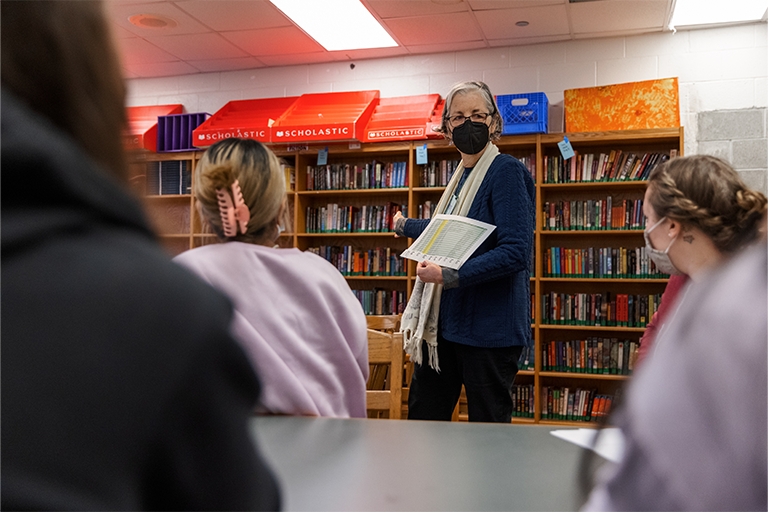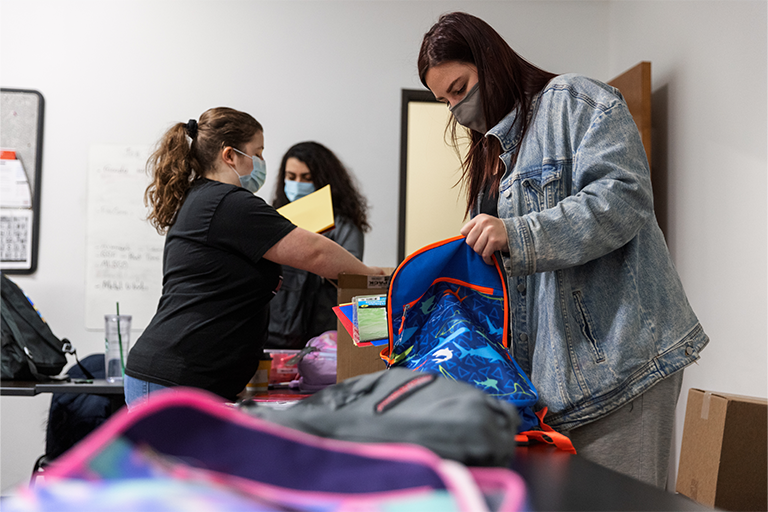Ethical tensions in service learning and community engagement
Service learning and other forms of community-engaged learning are often associated with positive outcomes for learners and host communities, but the reality is more complex.
The presence of university students in communities by itself does not guarantee mutual benefit for either university students or host communities locally or abroad. Rather, good intentions can result in deepening stereotypes, weakened local capacity, or the production of products that are not perceived as relevant to, usable by, or sustainable in the communities with whom students engage.




